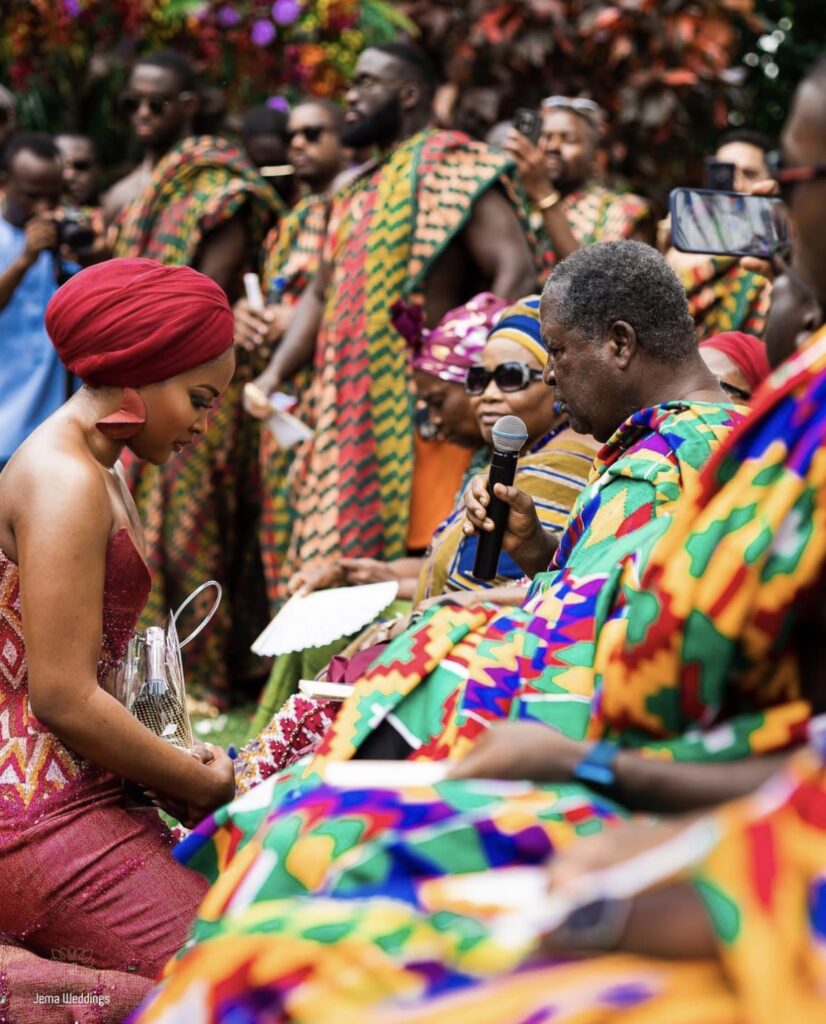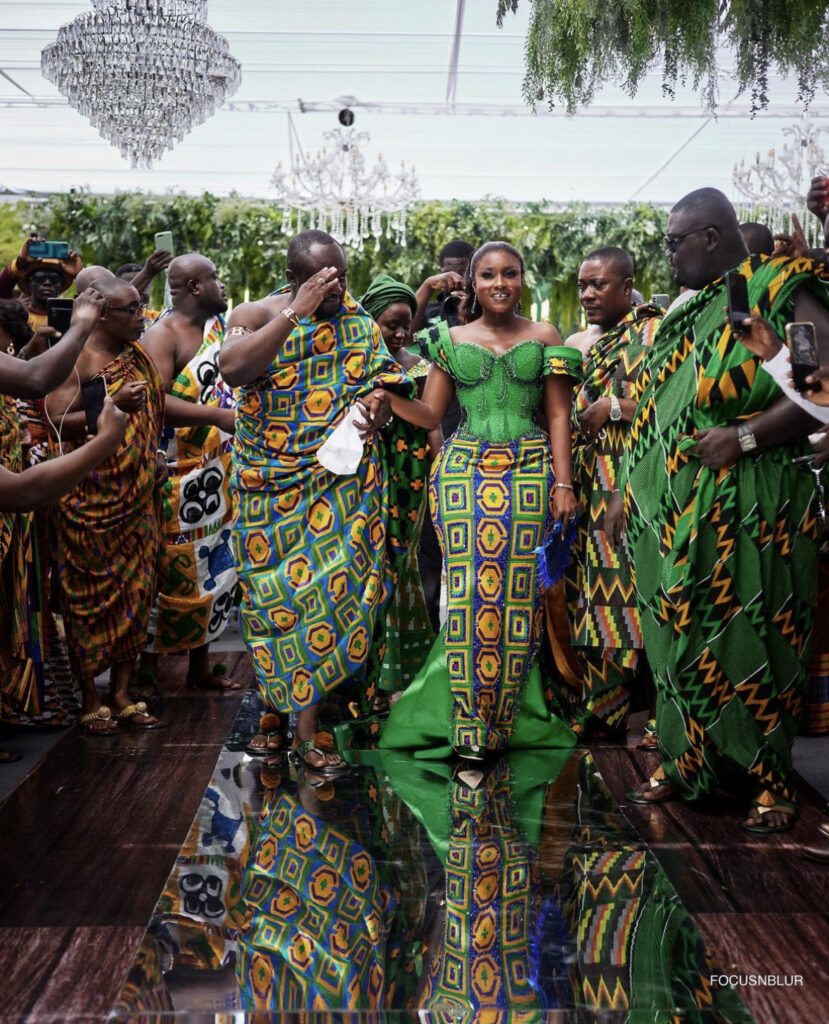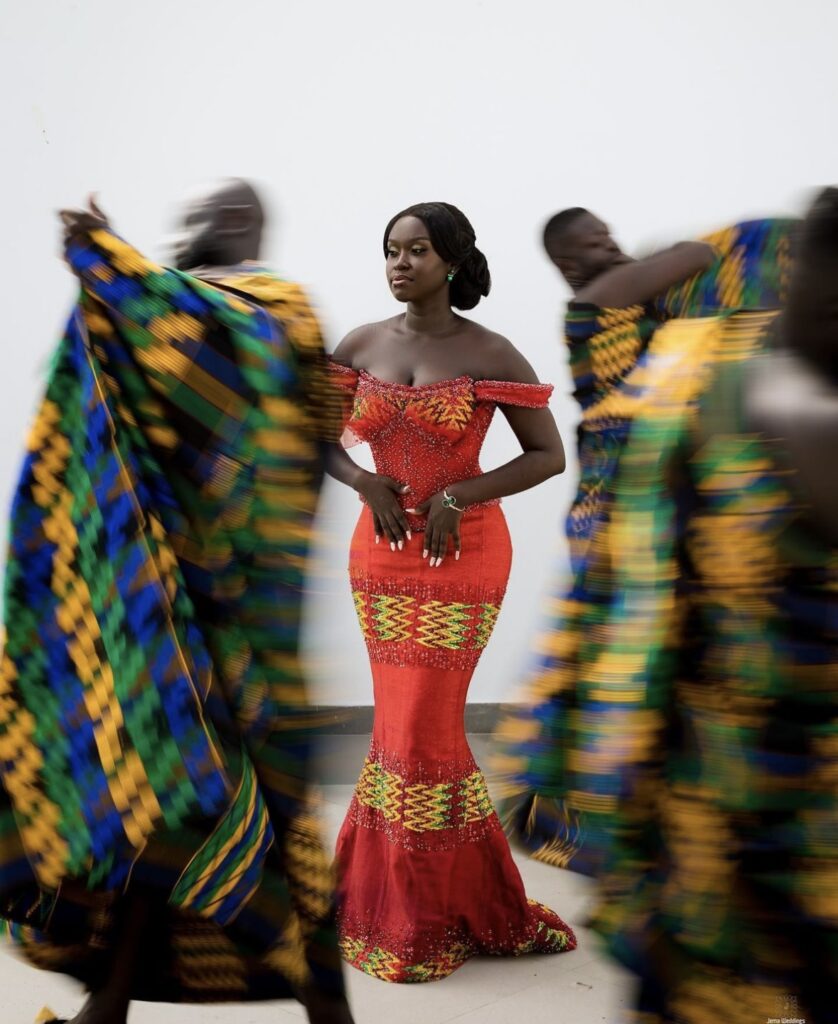
Customary marriage in Ghana is not only a union between two individuals but also a union of two families. It is a celebration of culture, tradition, and love. The ceremony can last for several days and is often marked by singing, dancing, and feasting.
Family members and friends gather to witness the union, and the occasion is considered one of the most important events in the lives of the couple and their families.
One of the significant aspects of customary marriage is the payment of bride price. It is a symbolic gesture that signifies the groom's commitment to taking care of the bride and her family. The bride price can vary depending on the customs of the community, but it usually includes gifts such as livestock, money, and other items of value.

Another essential aspect of customary marriage is the role of the family in the union. The families of the couple often play a significant role in the ceremony and the marriage. They are responsible for arranging the marriage, conducting investigations about the families of the couple, and ensuring that the union is blessed and recognized by the community.
Customary marriage in Ghana can be either monogamous or polygamous, depending on the customs and traditions of the community. Polygamy is legal under the Customary Marriage and Divorce Registration Law, but it requires the consent of the existing wives and the ability of the husband to provide for all his wives and their children equally.

One of the benefits of customary marriage is that it is recognized by law in Ghana. Couples who enter into a customary marriage can register their marriage with the appropriate authorities and have legal proof of their union. The law also regulates issues of inheritance, property rights, and divorce for customary marriages.
However, customary marriage is not without its challenges. One of the significant issues is the payment of bride price, which has often been criticized for objectifying women and commodifying marriage. There have been calls for the practice to be abolished or reformed to reflect changing attitudes and values towards gender equality.
In Ghana, customary marriage is simply a celebration of culture, tradition, and love. It is a union between two individuals and their families, and it plays a significant role in the social fabric of Ghanaian society. While it has its challenges, customary marriage remains an essential part of Ghanaian culture and tradition, and it is likely to continue to be so for many years to come.